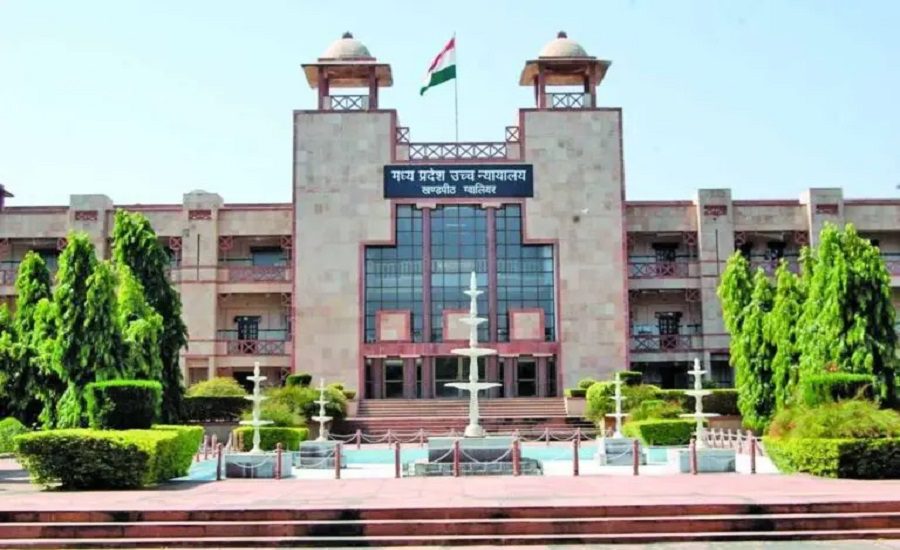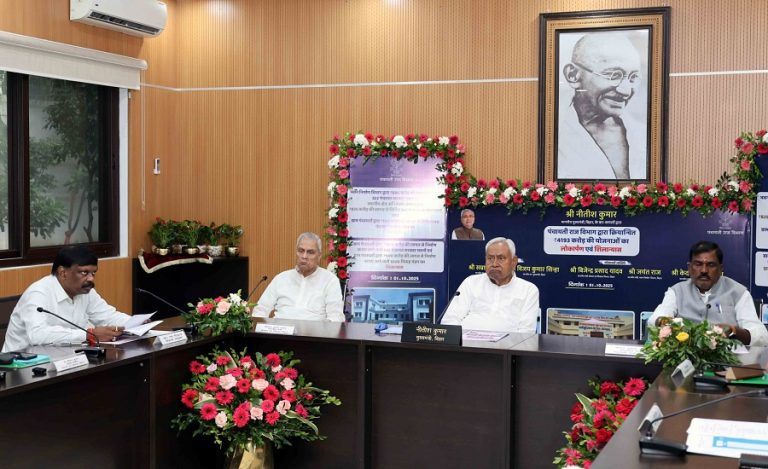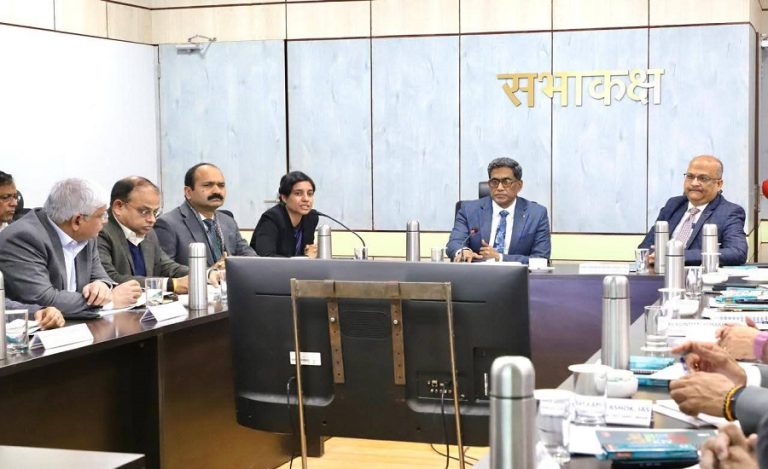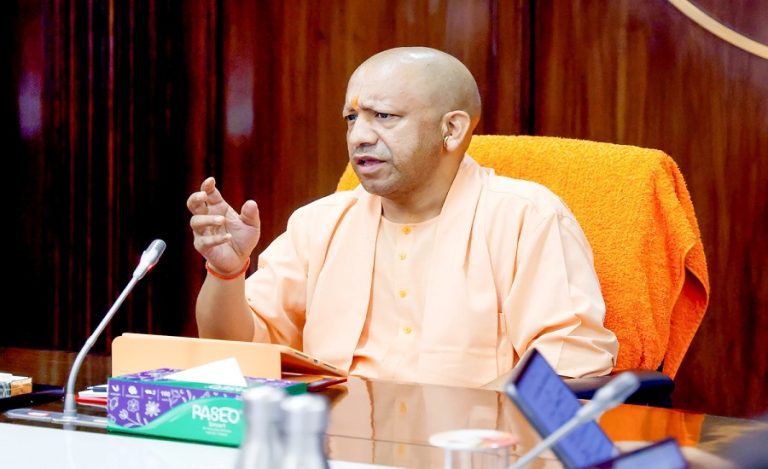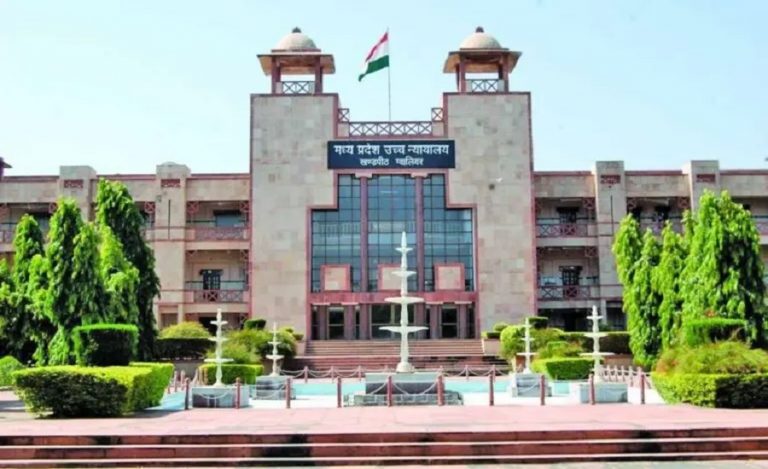Bhopal – In a decisive intervention to safeguard the capital’s dwindling green cover, the Madhya Pradesh High Court has ordered an immediate stay on the cutting, pruning, or transplantation of trees across the entire city of Bhopal.
The Division Bench, comprising Chief Justice Sanjeev Sachdeva and Justice Vinay Saraf, expressed grave concern over the “rampant” destruction of vegetation under the guise of development and summoned senior state officials to explain the unauthorized felling.
Background of Bhopal Tree Felling
This judicial order arrives amidst growing civic unrest regarding the loss of Bhopal’s greenery. For months, citizen groups, environmentalists, and residents have been protesting against various government projects threatening the city’s ecological balance.
Notably, widespread protests were recently seen in the Shivaji Nagar and Tulsi Nagar areas, where a proposed VVIP bungalow project threatened thousands of fully grown trees.
The High Court’s latest order reinforces the legal necessity of environmental impact assessments and statutory clearances, offering a temporary reprieve to Bhopal’s rapidly depleting urban forest.
Rampant Destruction: Court Raps State Authorities
The High Court’s order came in response to a suo motu petition initiated after media reports highlighted the illegal felling of hundreds of trees. The bench made scathing observations regarding the state administration’s approach to environmental preservation.
> “The State authorities do not appear interested in protecting or transplanting any tree but are in a rampant manner cutting and destroying the entire vegetation which is coming in the way of alleged development,” the Court observed.
The Judges noted that the actions of the authorities reflected a complete disregard for statutory procedures, specifically the requirement to obtain permission from the designated Tree Officer or the 9-member Committee constituted under the Madhya Pradesh Protection of Trees Act (Urban), 2001.
The Trigger: Unauthorized Bhopal tree felling by PWD
The judicial intervention was triggered by a news report published in the Times of India, which detailed how the Public Works Department (PWD) had allegedly felled 488 trees for a road widening project without securing the necessary clearances.
During the hearing, the Amicus Curiae pointed out that despite previous court directives prohibiting tree cutting without specific permission, a further 244 trees were proposed to be axed.
Adding to the gravity of the situation, the Court also took note of a separate report by Dainik Bhaskar (dated November 17, 2025), which alleged that nearly 8,000 trees were being cleared in Bhopal for a railway project, raising alarms about mass deforestation in the city.
Sham Transplantation: Trees Stripped and Dumped
A critical point of contention was the efficacy and honesty of the “transplantation” efforts claimed by the state. The Court examined photographs submitted as evidence, which painted a grim picture of the process.
Instead of scientific transplantation that preserves the tree’s root ball and canopy, the Court noted that the process involved the “complete stripping of the tree of all its branches and leaves and planting the tree trunk at an alternate place.”
The Bench characterized this not as conservation, but as a mere pretense to facilitate clearing land, effectively killing the trees in the process.
Bhopal Tree Felling Case: Senior Officials Summoned
Taking a stern stance, the High Court has summoned several high-ranking officials to appear personally before the bench on the next date of hearing. The Court seeks an explanation for the blatant violation of environmental norms and court orders.
Among those summoned are:
- Ajay Shrivastava, Executive Engineer, PWD
- The Bhopal Municipal Commissioner
- The Principal Chief Conservator of Forests (PCCF)
- The Principal Secretary of the Vidhan Sabha Secretariat
- Under-secretaries and administrative officers linked to the projects.
The Court has also issued notices to these departments, demanding a detailed affidavit on the number of trees felled, the permissions obtained (if any), and the status of compensatory plantation.

